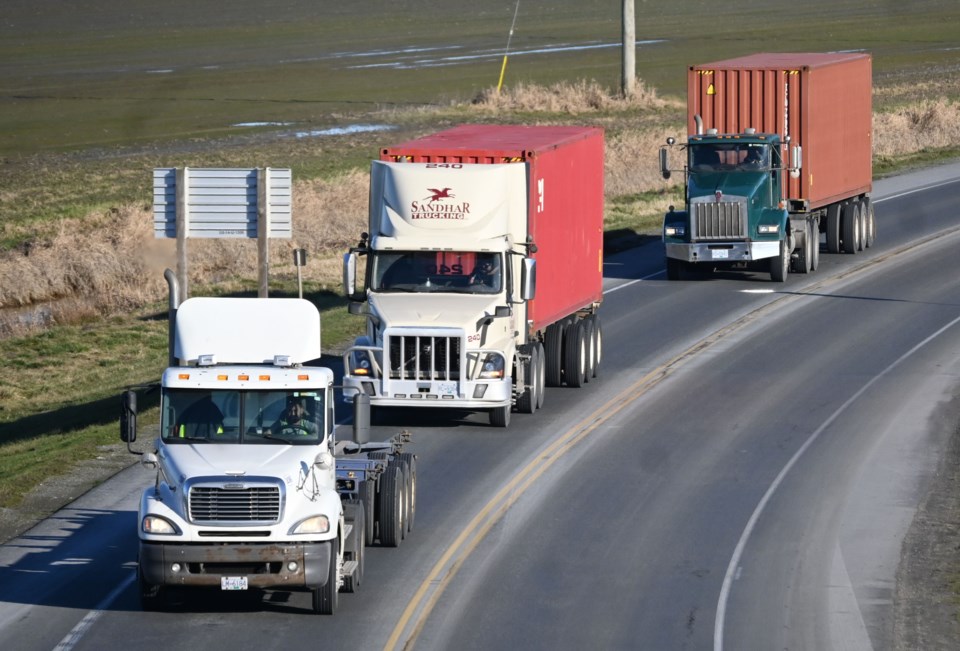Rookie truck drivers smashing up their rigs and making costly claims are driving up insurance costs, an Insurance Bureau of Canada report said earlier this month.
The bureau asked consulting company MNP to find out why insurance costs were climbing, and driver inexperience was found to be one of the causes.
MNP found that those drivers with fewer than three years of experience are more likely to get into collisions.
The consultant also found that higher liability insurance coverage for transporting big loads or dangerous goods, is also boosting premiums.
Another reason is that jury awards given out by U.S. courts in cases against Canadian truck drivers involved in crashes in the U.S. are also raising premiums for international haulers.
The MNP report also found that enforcement of trucking regulations is “inadequate,” that mandatory entry-level training (MELT) has yet to be implemented across Canada and that there needs to be oversight and standards for driver training schools.
Another major conclusion — is that mandatory entry-level training “does not fully prepare drivers to operate a heavy truck in all conditions and additional one-on-one onboarding and mentorship is needed.”
The B.C. Trucking Association is already working on that.
Trucking Association president Dave Earle said an onboarding strategy is being developed in the hope that some trucking companies will adopt the program.
Once the bugs are worked out, the program will be presented to the government with the hope of making an onboarding program mandatory, industry wide.
MELT offers 140 hours of classroom and practical instruction. It was introduced in B.C. in 2021.
But it’s too soon to say that it’s not working because only a minority of drivers have taken the course, Earle added.
After that, more time and on-the-job training for drivers is required.
He stressed that entry-level training does not make a new driver a fully competent employee. “It just doesn’t,” Earle said.
“It’s like any profession, you’re not going to be fully competent your first day on the job,” he said. “You’re going to get better with time, and more importantly, with experience.”
He said some companies offer additional onboarding training sessions when they hire new drivers, while some companies don’t bother.
According to MNP’s report, “Regular, one-on-one mentoring and training from experienced drivers can increase the safety of new drivers.”
Coaching also helps reduced driver errors, said the report.
Earle said that more safety requirements are making a difference.
“We’re getting there. It’s going to take some time, but we’re getting there.”
The MNP report found that setting up roadside inspections and safety checks increases safety compliance.
MELT was introduced in B.C. after the mass casualty collision involving a bus and truck in Saskatchewan, in April 2018, when 16 people were killed, most of them belonging to the Humboldt Broncos hockey team.
“This third-party report echoes many of the recommendations that our industry has put forward and we encourage governments across the country to use this report as a call to action to update and improve training and enforcement standards,” said Celeste Power, CEO of the insurance bureau.
Other recommendations include piloting the use of telematics to provide feedback to truck drivers and adopting a graduated or progressive driver licensing system.



